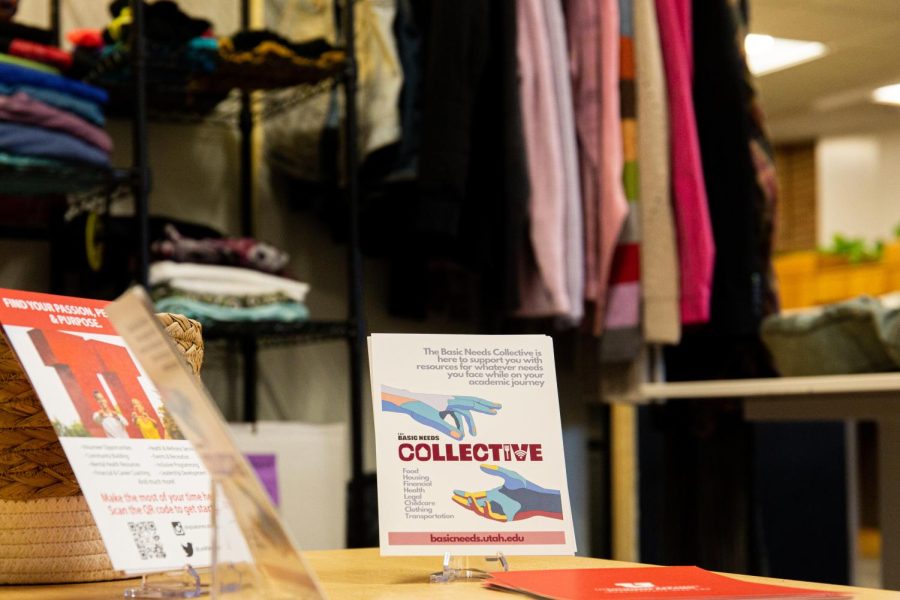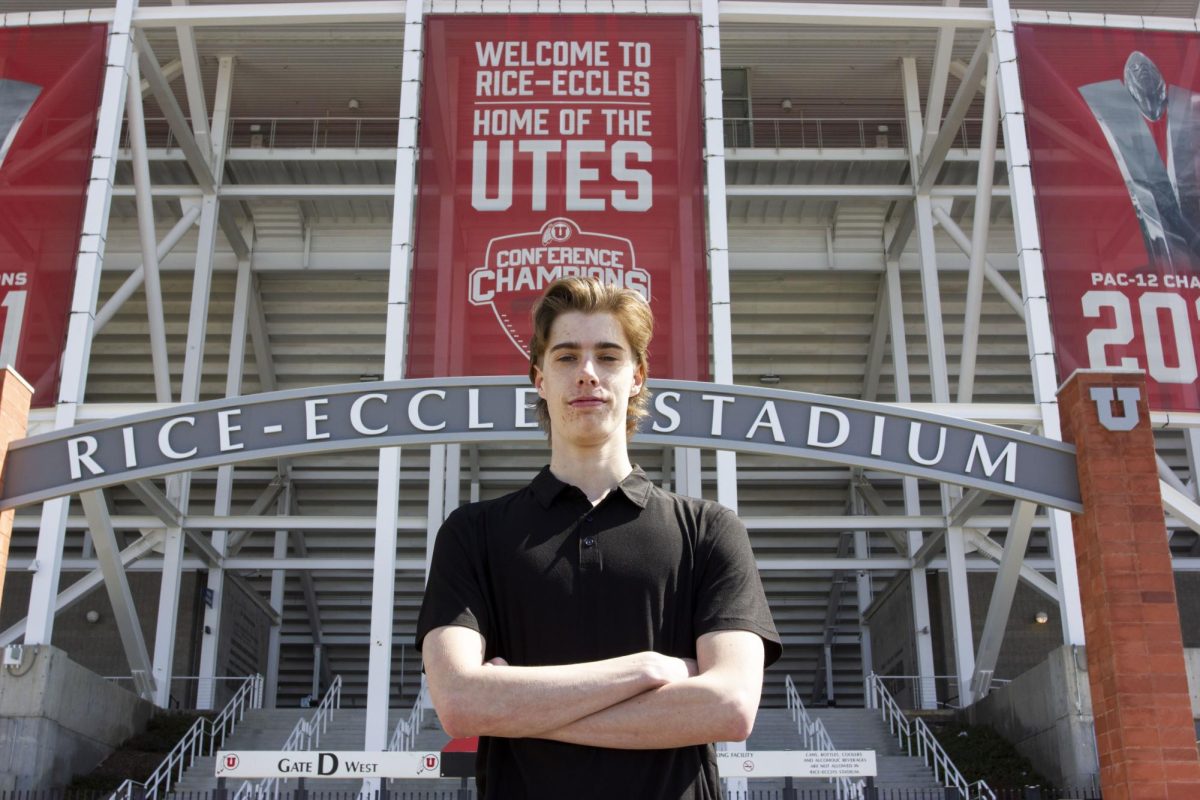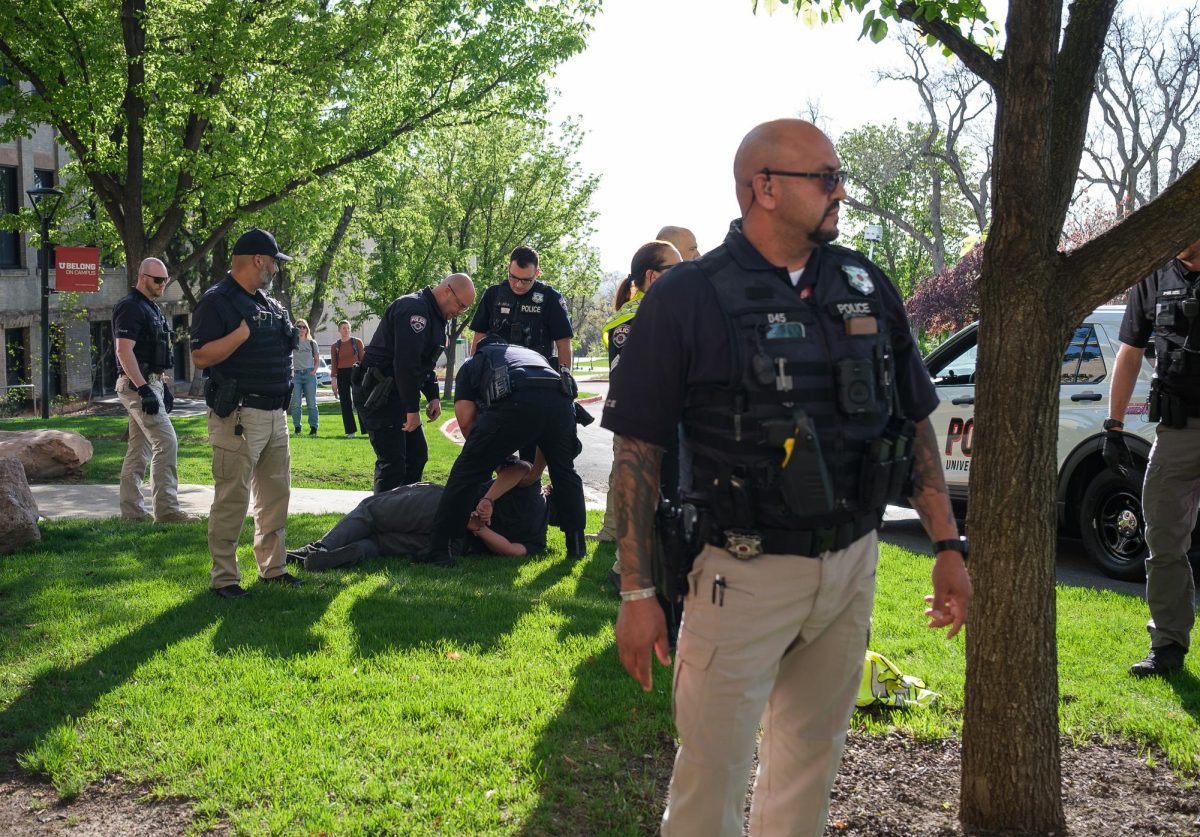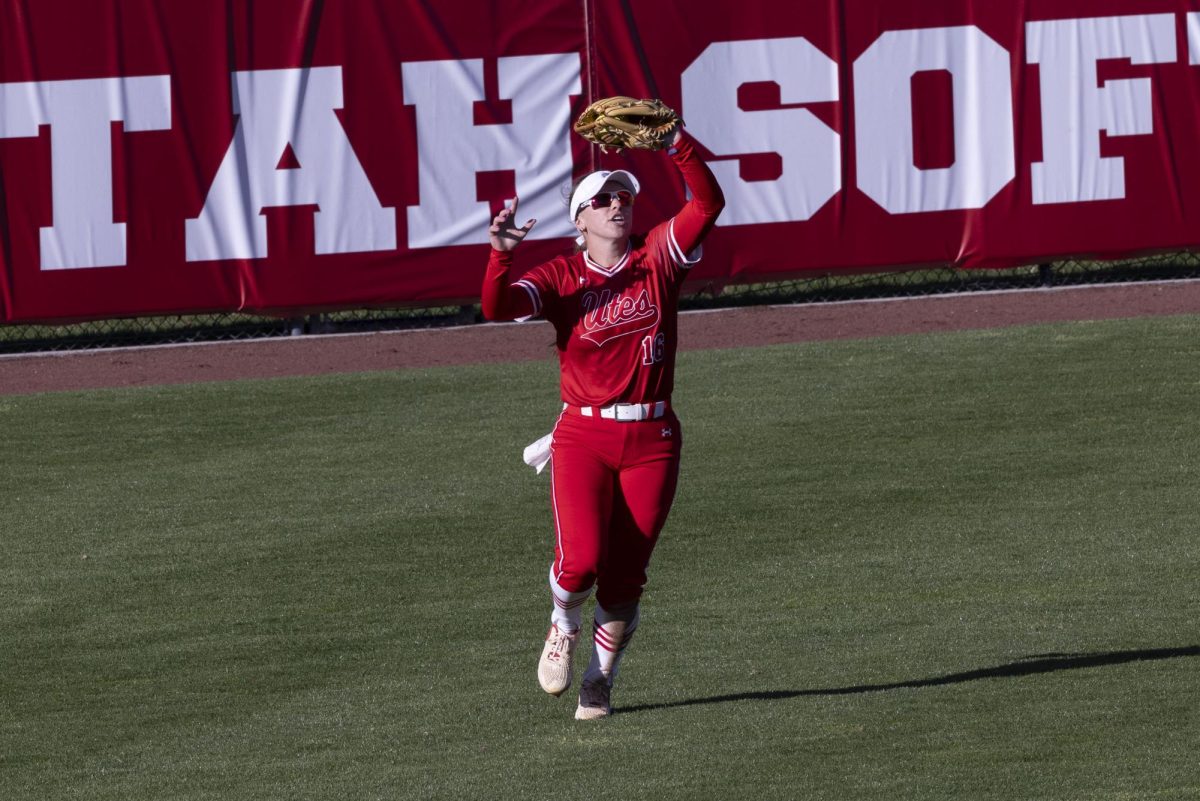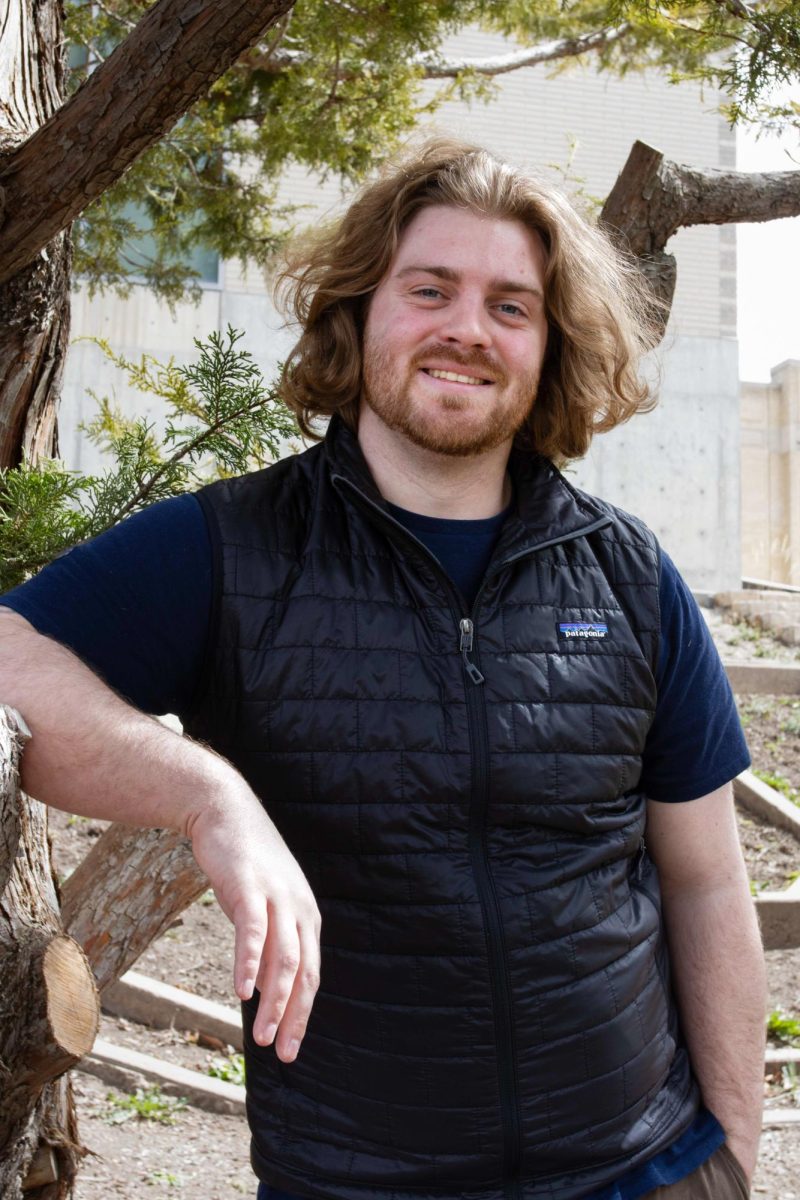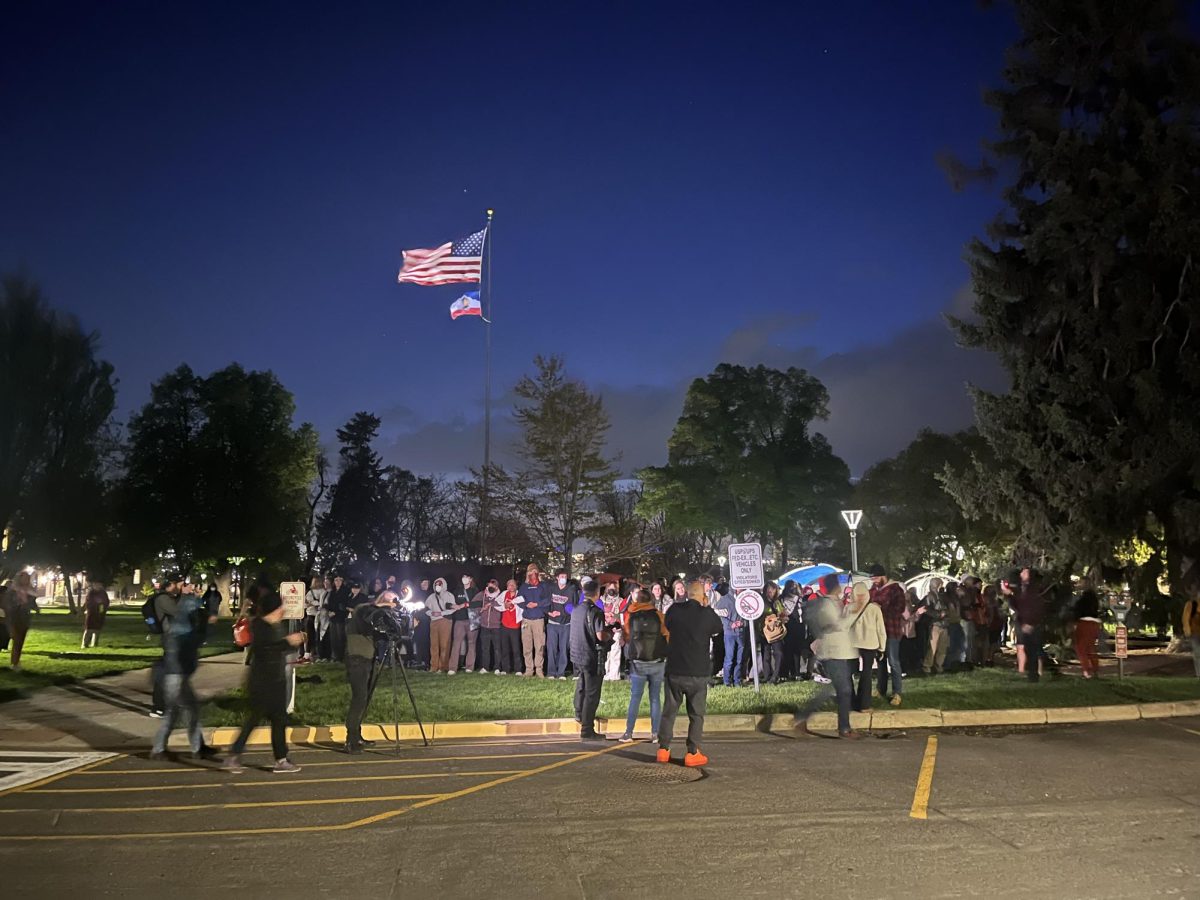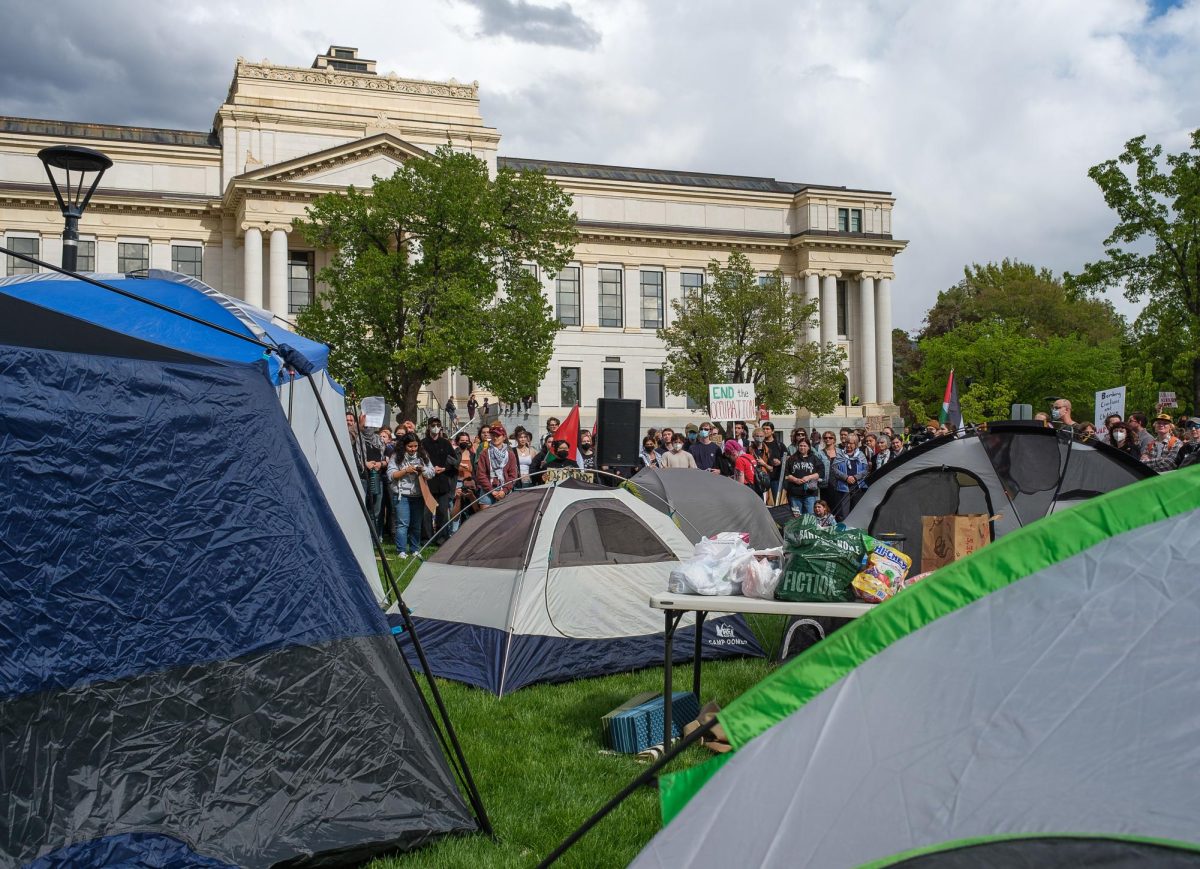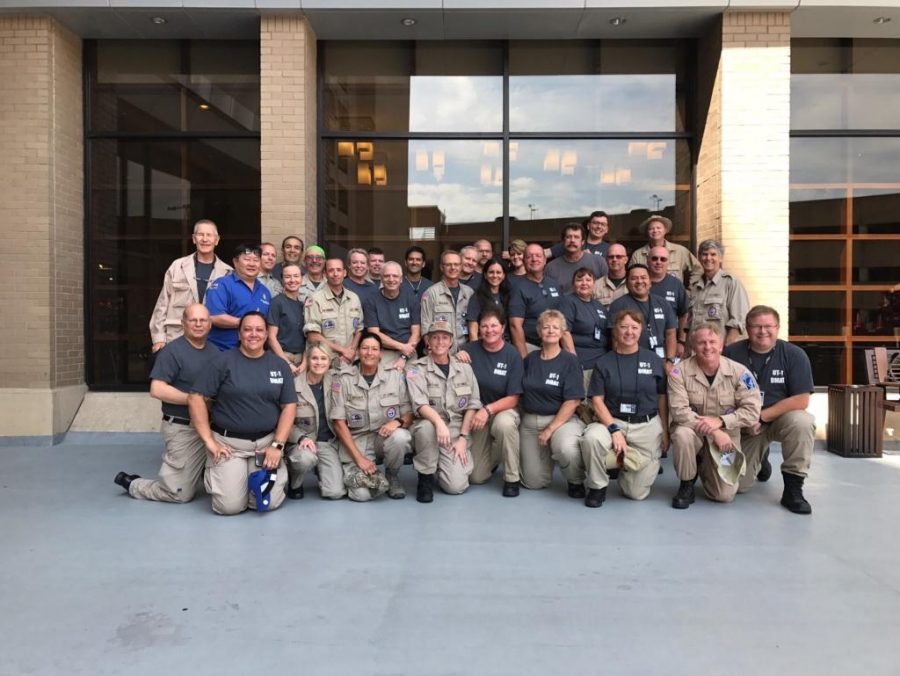Hurricane Harvey left tens of thousands of people homeless and caused billions of dollars in damage. Many Utah residents dropped everything and immediately responded, which isn’t surprising as Utah ranks first in the nation for its volunteerism rate with 45.3 percent of those above 16 years volunteering in the community.
The National Disaster Medical System (NDMS) is part of the United States Health and Human Services Department. Part of its mission is to provide medical, veterinary and mortuary support to states in the event of man-made disasters as well as large-scale natural disasters.
Utah is home to the UT 1 Disaster Medical Assistance Team (DMAT), one of NDMS’s 56 disaster medical assistance teams across the country. Typically, they are tapped to help out with pre-planned events. However, their deployment to Houston, Texas, was the team’s first disaster deployment.
Steven Bott, an associate professor of anesthesiology at the University of Utah, is a member of UT 1 DMAT.
“DMAT members are local physicians, mid-level practitioners, nurses, paramedics and other medical and support personnel,” Bott said. “We are intermittent federal employees, similar to a military Guard or Reserve unit.”
With him are other employees from U of U Health, like Annette Matherly, a nurse from the burn unit, and physician’s assistant Billi Tsuya.
UT1 DMAT was put on alert Aug. 25 and activated Aug. 28. With 36 personnel, they were deployed to Texas alongside 20 other DMATs. They began their mission by providing medical care at evacuation shelters.
U communication professor Avery Holton grew up in the north-western end of Houston. He has family and friends who are victims of Hurricane Harvey and was touched through knowing locals went to offer aid.
“I think it’s awesome,” Holton said. “I’ve watched TV and reports of the damage. What’s cool is seeing the best in humankind come out. I think what matters is that we as a society get to see and be a part of the good despite all of the turmoil occurring.”
Although Holton’s family is affected by the disaster, they are offering their services to help others hit by the hurricane. His older sister is a doctor and has given medical assistance to victims.
“Her house took on water. She had to be boated out. Food and water were limited and will continue to be for weeks,” Holton said.
UT1 DMAT was assigned with multiple other NDMS and military units to build a large air evacuation hub. The goal was to make it capable of handling the air evacuation of hundreds or even thousands of patients from area hospitals to other care centers both inside and out of the state. This was the first time this type of operation was carried out. They also took care of the 11,000 victims who were sheltered in the George Brown Convention Center in Houston and provided medical care for more than 3,000 patients.
UT1 DMAT headed home to their families on Sept. 7, but the hurricanes repeatedly hitting the U.S. coast may not keep them there for long.
“Multiple NDMS teams are already pre-deployed in Georgia and Puerto Rico for Hurricane Irma. We may end up there as well,” Bott said.
For those who want to help hurricane victims, Holton shared some tips.
“Find places that are reputable and donate. Ask your family and friends who they know that was impacted and help by sending supplies as that is what is in great need. The chances are that those you know already know of one person who was impacted.”
@Claudiavrobles_


